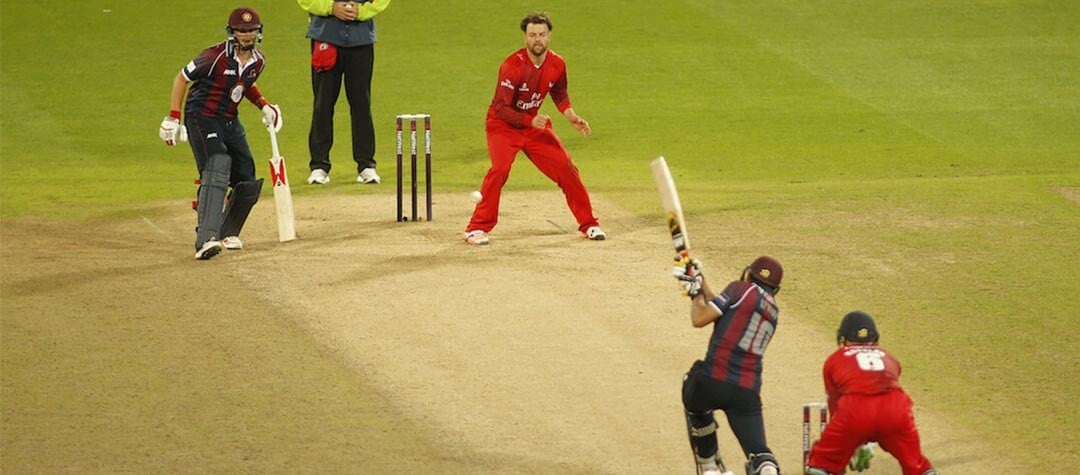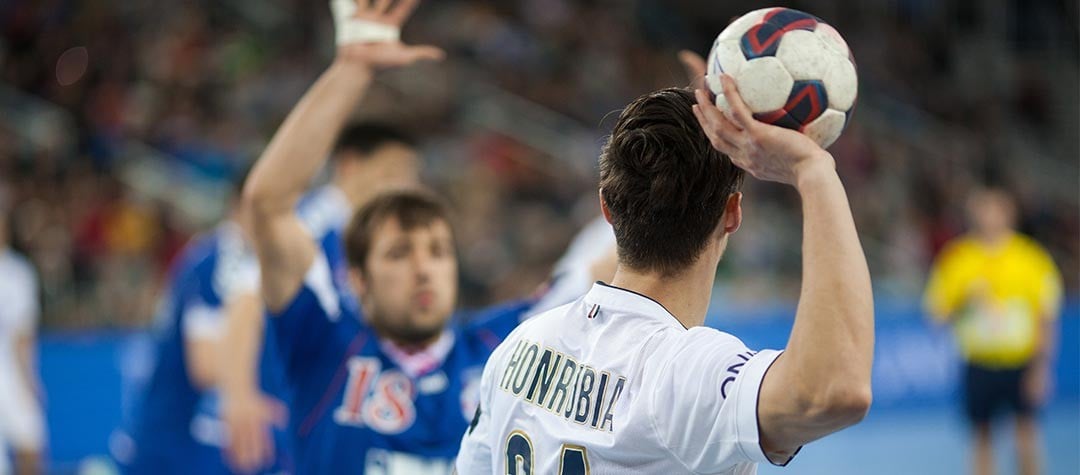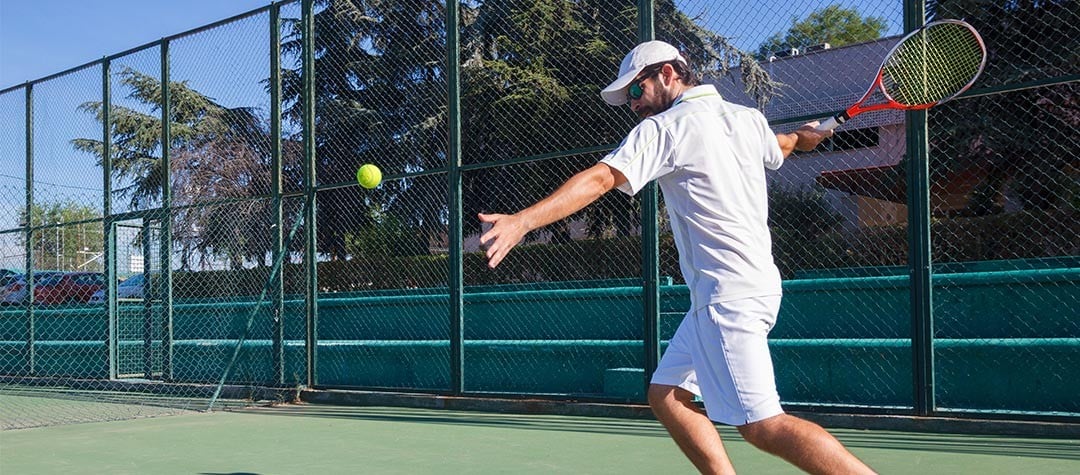Here’s Joe Glanfield’s first person experience of dinghy sailing and his time in the Olympic British team.
Joe Glanfield was part of the British team that won a silver medal in 2004 Athens Olympics dinghy sailing competition.
Competing at the Athens Olympic Games in the 470 fleet was, for me, the culmination of seven years of full-time sailing training and another seven years of youth racing before that. I had qualified for the Sydney Olympics four years earlier and finished in the unfortunate and painful position of 4th, just one point away from the bronze medal.
I left Sydney with a mixture of feelings, I was bitterly disappointed but also knew considering our age (I had just turned 21 and was one of the youngest in the fleet and team mate Nick Rogers was 23) we had put in a good performance, and so we set about training towards gaining selection for the Athens Olympics and the chance to set the record straight.
We had spent every summer in Athens for the past four years, training and competing to try and adjust our technique to suit the subtleties of the local conditions.
We flew out to Athens well in advance of the Olympics start date, due to the nature of the sport it is essential to build up experience of the race course as the conditions are so venue-specific. We had spent every summer in Athens for the past four years, training and competing to try and adjust our technique to suit the subtleties of the local conditions.
In Athens during August you get either a strong offshore wind that is very gusty and shifty called the ‘meltemi’, or a light stable sea breeze that builds from about midday and reaches its peak strength by 3pm. We felt prepared for either but preferred the meltemi wind. Ideally we wanted a mixture of the two winds during the event as some of our competitors specialised in one condition but were weak in the other.
We spent the last couple of weeks in Athens refining our technique and making sure all our equipment was 100 per cent, then it was time to fly with the sailing team for three-day break in Cyprus. At every Olympic Games the BOA (British Olympic Association) organise a holding camp where athletes can come and train close to the venue in a similar climate prior to their competition. Sailors need to train at the venue itself but we went to the holding camp to get away from it all and get in some rest and recuperation!
Getting away from the venue after training works well in making a clear break, so on return you have made the switch out of a training psychology and into race mode. Our visit was also the first time we met athletes from other sports and this really brought it home to us that we were at the Olympics and when we returned to Athens the competition would be upon us.
In the last couple of months leading up to the Olympics I was trying to drop my weight from 72kg (158.7lb) to 69kg (152.1lb), just a small amount so I was optimised for the lighter conditions, but despite eating healthily and doing a lot of aerobic exercise, I struggled to lose the weight. On returning from Cyprus I started to feel anxious about the oncoming racing. I struggled to eat and sleep, and the weight I had not been able to lose previously, just fell away and I soon found I was forcing myself to overcome my nervous stomach in order to eat enough calories!
It is always difficult to get enough fluid onboard whilst sailing, there is no opportunity to drink during the hour-long races and often we will be on the water for up to 5 hours a day.
Hydration was also a huge issue in Athens. It is always difficult to get enough fluid onboard whilst sailing, there is no opportunity to drink during the hour-long races and often we will be on the water for up to 5 hours a day. Temperatures in Athens really compounded this issue and made the event feel like a war of attrition. The British sailing team tackled this problem by bringing with them their own specially formulated hydration drinks with different carbohydrate levels. Every morning we had to weigh ourselves and produce a urine sample, the physiologist would then tell us if we were dehydrated and how much we should try and drink before we go to the water.
Being successful at sailing is ultimately about good decision-making and nothing influences this more then pressure. In the build up to Athens we spent a lot of time coming up with strategies to make sure we got the best out of ourselves day in, day out no matter what the pressure. One way of doing this was by paying our training partners 50 Euros every time they beat us in a training race. This put a negative pressure on us every time we went sailing and so we had to learn to deal with it, or lose a lot of money!
These skills served us well at the Olympics. The wind was very light and unstable making the racing even more stressful, and a lot of our competitors made mistakes and struggled with consistency. The experienced American team Paul Forester and Kevin Burnham (they had won three silver medals between them at the previous Olympic Games) and ourselves, quickly found ourselves pulling away from the rest of the fleet.
We were three points behind the American team and far enough ahead of bronze so we were guaranteed silver.
In total we competed in 11 races, (the scores were counted from the best 10). We went into the final race in the silver medal position. We were three points behind the American team and far enough ahead of bronze so we were guaranteed silver. The points meant that if the American team could make sure we did not finish in the top 16 then they would definitely win, no matter where they finished. Unfortunately this is exactly what they managed to do. Immediately from the start they took our wind and covered us and did everything they could to get in our way and slow us down. By the finish we were last and second to last so they won gold and we took silver.
I had mixed emotions when we crossed the line, I felt relieved to have won a medal but knew we were good enough to win gold. There is something about the Olympics that is addictive — the atmosphere is amazing and it is a truly unique experience. For me it was great to be part of such a successful team – sailing was Britain’s top sport at the Olympics — and after standing on the podium in second place I would definitely like to return in Beijing and go for gold.
Picture Credit: CP DC Press / Shutterstock.com















